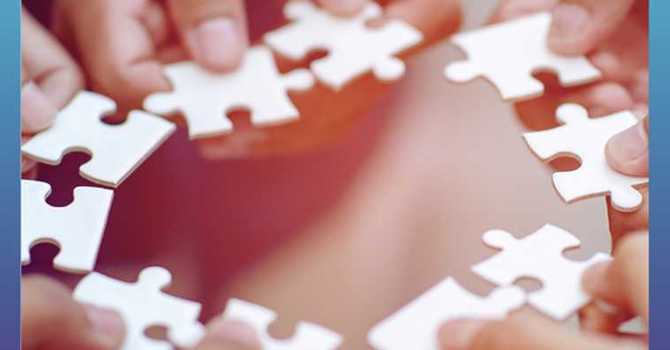
"When you realize that people treat you according to how they see themselves rather than how you really are, you are less likely to take personally their behavior toward you." -- John C. Maxwell
People will always be our biggest struggle and greatest asset, both in personal and professional circles. The beauty of humanity lies in our diversity, but this same diversity often causes our greatest conflicts.
While healthy relationships with difficult people can seem impossible, they become achievable with the right perspective and intentional responses.
Understanding Yourself
I've realized that the key to getting along with others is first understanding myself—my personality, emotional triggers, stories, and preferences—so I can control how I respond to others. Only then can I focus on understanding them—their personality, emotional triggers, stories, and preferences—to better understand why they respond a certain way to me.
What is My Perspective?
John Maxwell writes, "Most of the time, our relational problems stem from the fact that we ourselves have problems or issues that haven't been resolved." We often respond to others based on how we see ourselves. We can't improve relationships until we resolve our own issues. You are responsible for how you treat others, not how they treat you. While you can't choose their responses, you can decide yours.
How Do I Understand Personalities?
There are many personality assessments available to help understand yourself and others. One of my favorites is the DISC assessment, which categorizes personalities into Dominance, Influence, Steady, and Compliant. Each theme has specific traits that may cause challenges if not understood—task-oriented vs. people-oriented, active vs. reflective, open to change vs. preferring consistency, talkative vs. less communicative. Personalities are not inherently good or bad; it depends on our understanding and use of them.
For more information about the DISC and other assessments I offer, please check out our website.
"When we are no longer able to change a situation, we are challenged to change ourselves." -- Viktor Frankl
How Do I Handle Problems?
Problems in relationships are inevitable. Handling them correctly can strengthen the relationship; mishandling them can cause frustration, stress, division, and hurt feelings. The goal should be to present the truth in a way that builds the relationship. If both parties are unwilling to work on the problem, ending the relationship might be the only solution, but it should always be the last choice after ensuring all efforts to resolve the issue.
- The whole story needs everyone's involvement.
- Cite facts, not impressions or emotions.
- Control your emotions; anger reduces objectivity.
- Be specific about the problem.
- Allow the other person to share their side.
- Don't hold a grudge; find a resolution and act accordingly.
Reflection
Consider the following questions:
- How do you need to take responsibility in your relationships this week?
- How can you better understand yourself and the other person to improve the relationship?
- What steps can you take to reconcile a current relationship problem?




